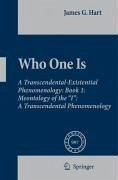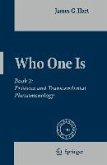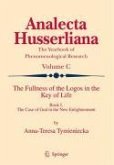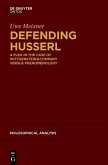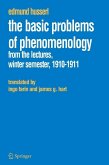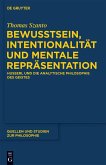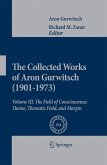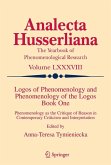Transcendental-phenomenological reflections move us to consider paradoxes of the "transcendental person." For example, we contend with the unpresentability in the transcendental first-person of our beginning or ending and the undeniable evidence for the beginning and ending of persons in our third-person experience. The basic distinction between oneself as non-sortal and as a person pervaded by properties serves as a hinge for reflecting on "the afterlife." This transcendental-phenomenological ontology of necessity deals with some themes of the philosophy of religion.
Dieser Download kann aus rechtlichen Gründen nur mit Rechnungsadresse in A, B, BG, CY, CZ, D, DK, EW, E, FIN, F, GR, HR, H, IRL, I, LT, L, LR, M, NL, PL, P, R, S, SLO, SK ausgeliefert werden.
"James G. Hart's ... presents the results of several decades of research on self- and personhood, combining transcendental phenomenology and existential philosophy. ... Hart has undoubtedly given us a thought-provoking study that enriches many ongoing debates and deserves increasing scholarly attention. I appreciate the breadth and insight of this work and heartily recommend it to anyone who wishes to learn more about who one is and about what it means to be a human being ... ." (Claudia Welz, Philosophy Today, 2010)
"James Hart offers the reader an insightful and comprehensive treatment of the perplexing manner in which we, each of us, are aware of our own selves. The book is comprehensive in two senses: in regard to the topics treated, and in regard to the authorities invoked. ... His book could serve as a reference work for someone who wished to explore this topic and wanted to know how it has been treated in philosophical and theological traditions other than his own." (Robert Sokolowski, Journal of Phenomenological Psychology, Vol. 41, 2010)

